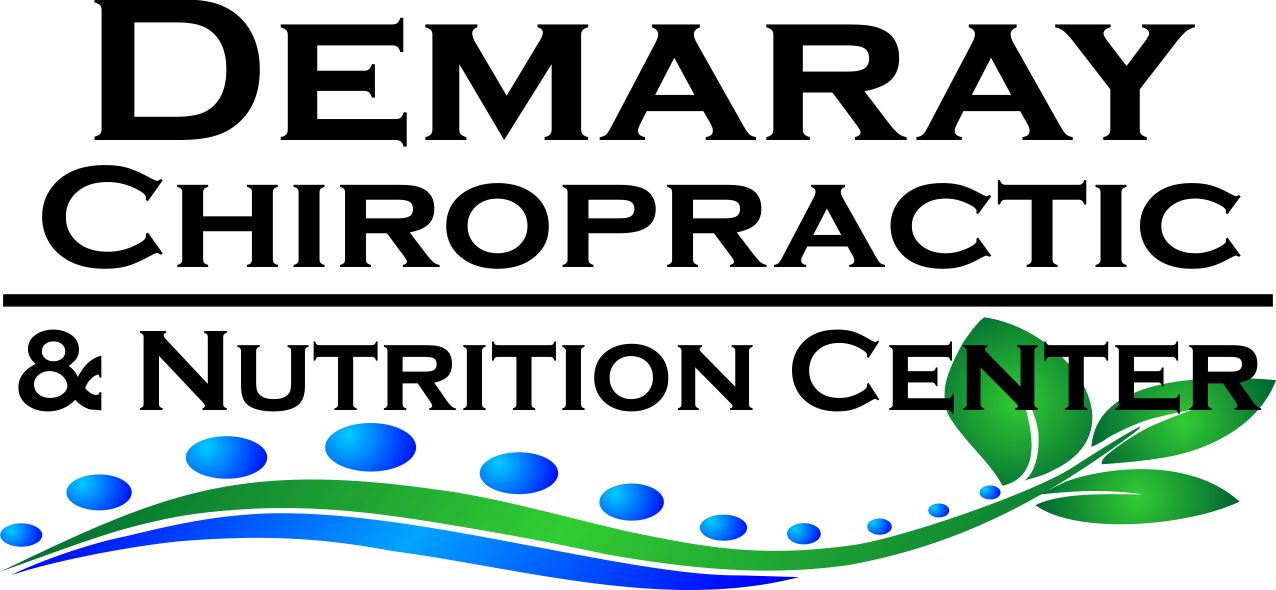3 Tips to Kickstart your New Year Nutrition
/Often it is the New Year where we make lofty resolutions for ourselves, especially regarding nutrition and exercise. What stops us from continuing to experience success in your weight loss and lifestyle efforts? Unsustainable choices and rigid ideals.
Losing weight, or creating a healther lifestyle, is no easy feat. It is something that certainly takes care, planning and effort. However, it is also important that whatever you do, you must maintain. Therefore, it is important to use realistic and practical measures in your nutrition and exercise efforts. Here are three practical tips you can carry with you into the New Year, to begin slowly improving your choices.
Choose fiber
When filling up your plate, try to focus on fiber. Both types of fiber, insoluble and soluble, are available in a variety of foods. The benefits of fiber? Improved digestion and gut motility, improved microbial diversity, decreased risk associated with multiple types of cancers, decreased “bad” cholesterol, decreased blood sugar and improved weight loss efforts and satiety. Not only is fiber alone a “supernutrient” but the foods it is naturally found in tend to be dense with vitamins, minerals and phytonutrients. Varying by age and gender, the average adult should shoot for approximately 30 g of fiber a day. Increase the amount slowly to avoid indigestion. Some terrific sources of fiber are legumes and beans, whole grains, leafy green vegetables, potatoes with the skin, oatmeal and fruit such as berries. Making sure to prioritze fiber in your meals will keep you full, promote health and inadvertently lead to better food choices throughout the day.
2. Don’t forget protein
We need atleast 0.8 grams of protein per kilogram of bodyweight a day to avoid malnourishment. Instead of pulling out your calculator just yet, aim to get about a palm sized portion of protein at each meal. Protein helps with satiety, weight loss efforts and keeps or immune system and muscles intact. Not all protein sources must be from animals, soy and beans are also protein dense choices. If you are choosing animal protein, try to keep it lean and higher in omega 3 fatty acids, such as salmon, canned tuna, chicken breast, or a lean cut of beef.
3. Make time for movement
You do not need to become an Olympic athlete for achieve your health goals, and you do not need to attend Zumba 7 days a week (unless you enjoy doing so). On average, we should aim for approximately 200-300 minutes of moderate physical acitvity a week to maintain a healthy weight. This can look like a 30 minute walk most days of the week, or something more intense if you’re able. If possible, it’s ideal to do a combination of resistance exercise and something that gets your heart rate up.
Changing your habits doesn’t have to be rocket science. Begin setting small goals each week or month on what you are willing to work on, and employ some basic nutrition skills.
mediterranean diet.jpeg




